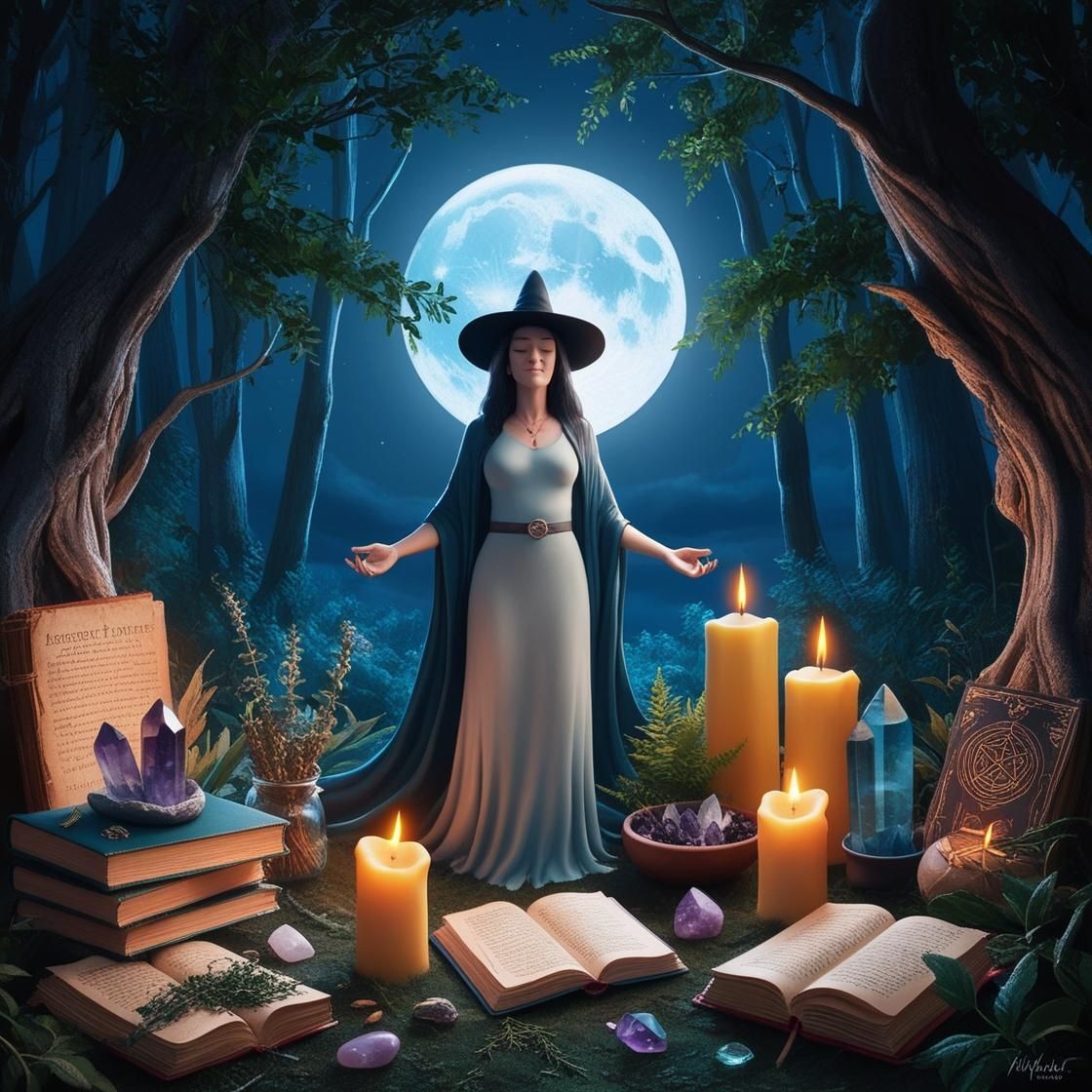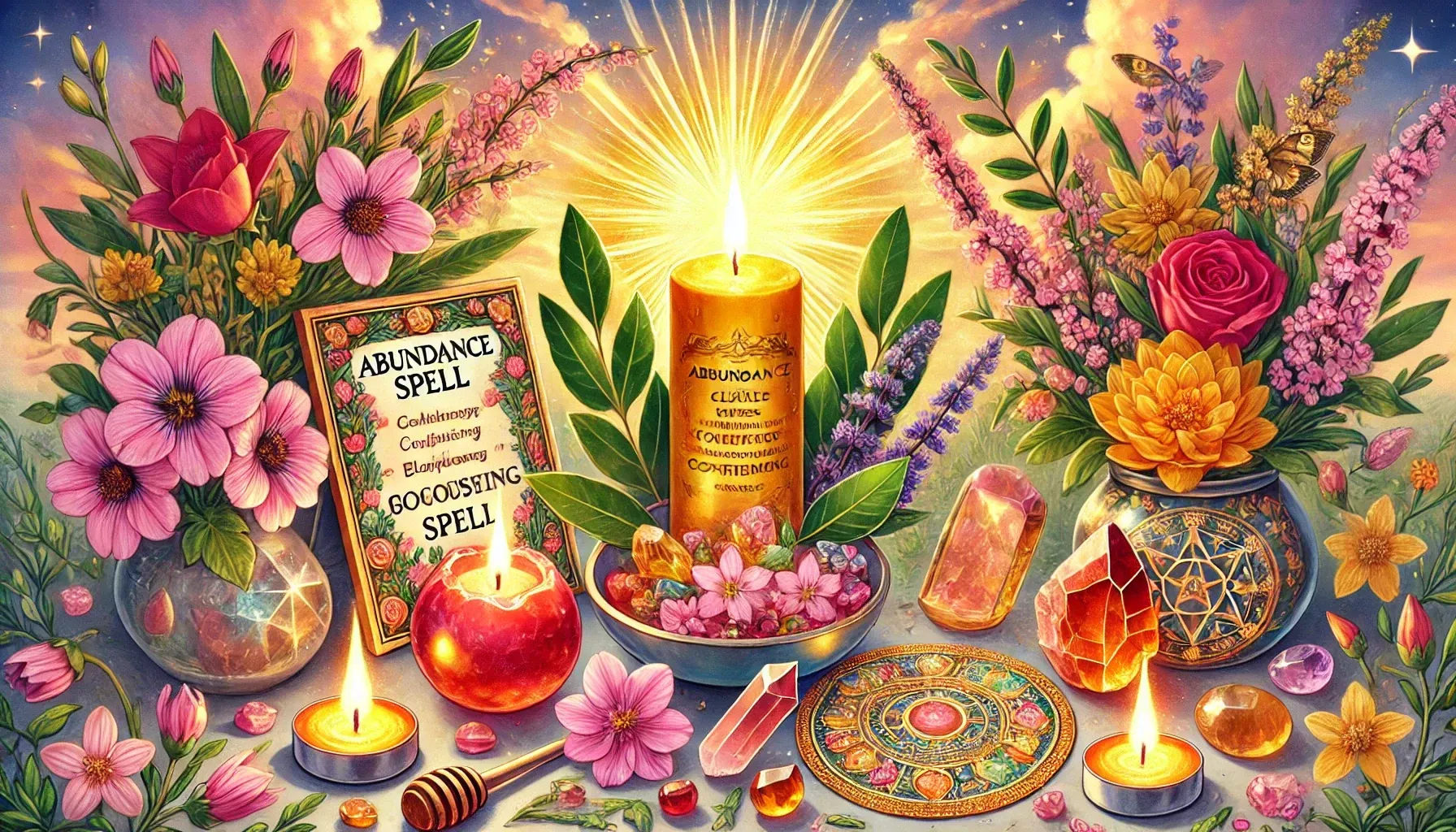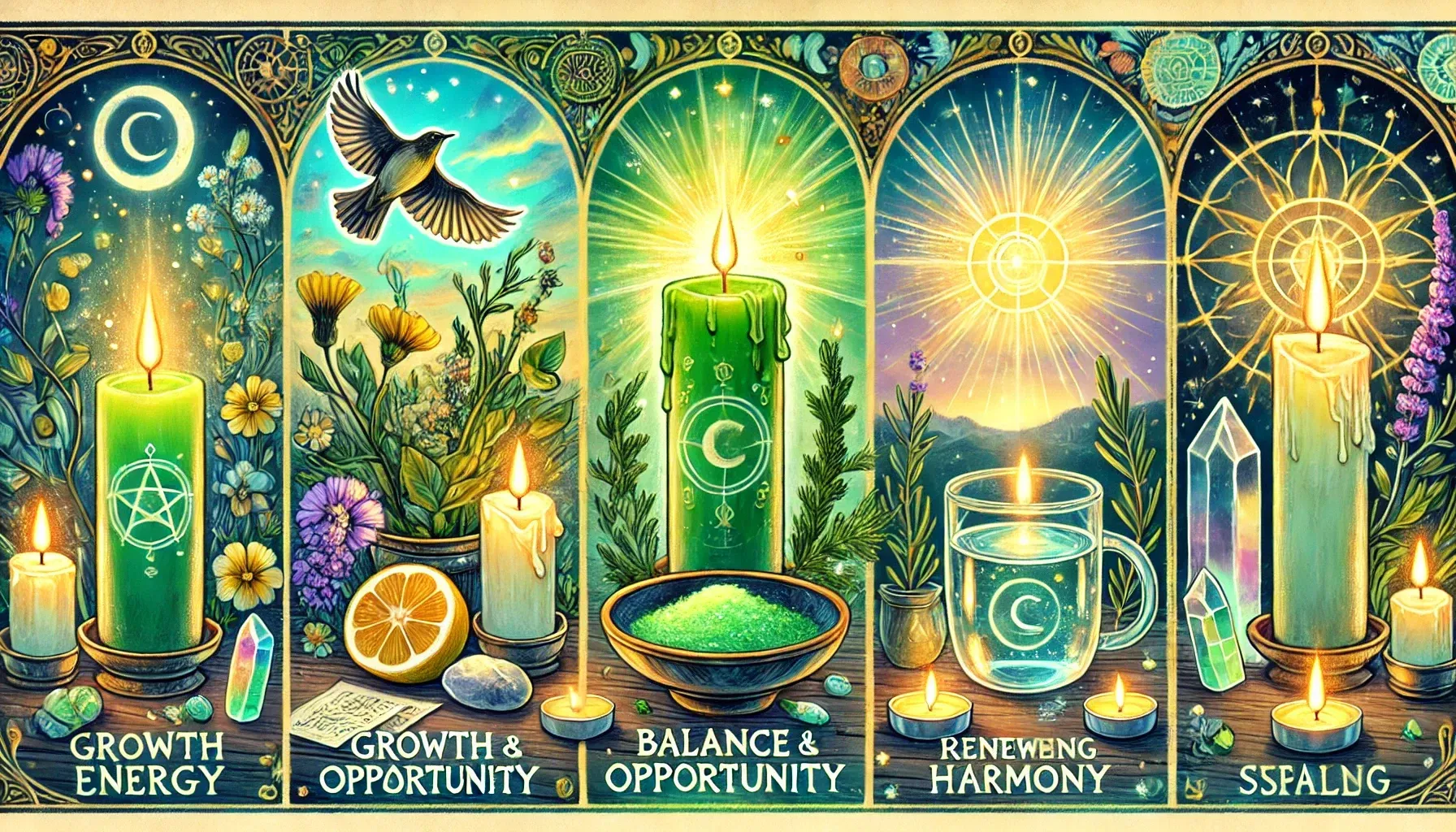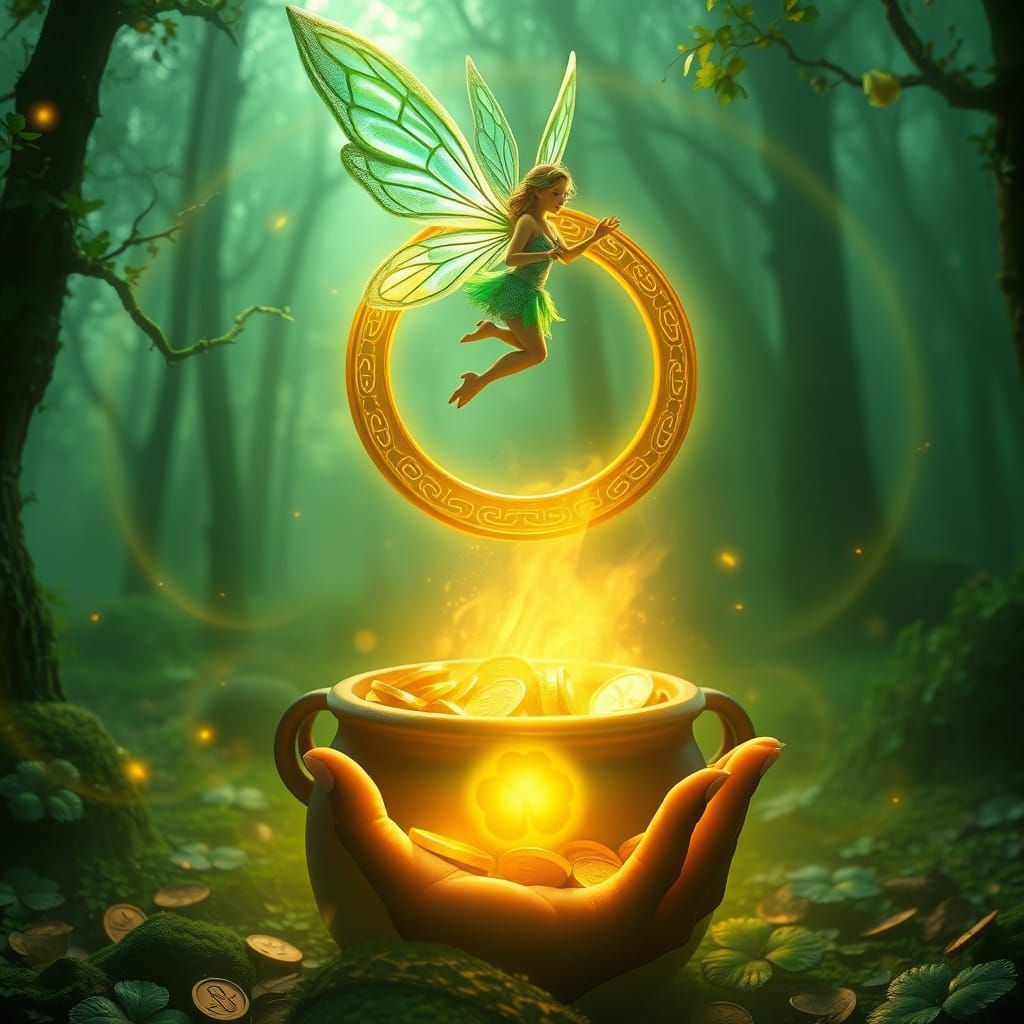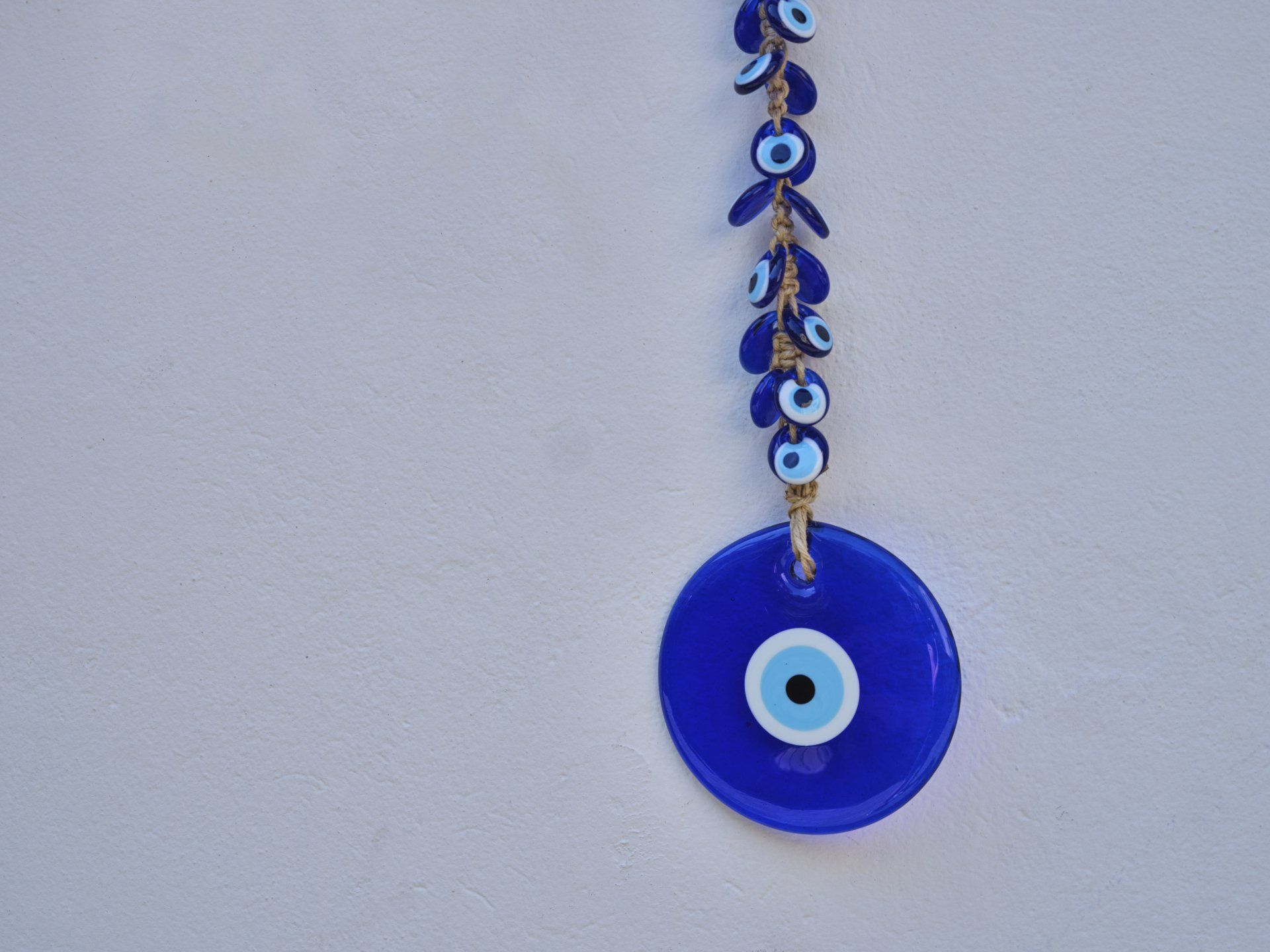The Hidden Secrets of the Three Wise Men’s Gifts
What Modern Critics Won’t Tell You!
Did you know the gifts of the Three Wise Men—gold, frankincense, and myrrh—hold deeper meanings beyond the traditional Nativity story? These symbolic treasures reveal powerful insights into Jesus' divine nature, and yet, modern critics argue that these interpretations stray from traditional beliefs. But what if these gifts hold the key to unlocking ancient wisdom? Join me as we explore the hidden symbolism behind these sacred offerings, challenge the naysayers, and uncover how the journey of the Wise Men speaks to all spiritual seekers today!
Unwrapping the Symbolism Amidst Modern Criticism
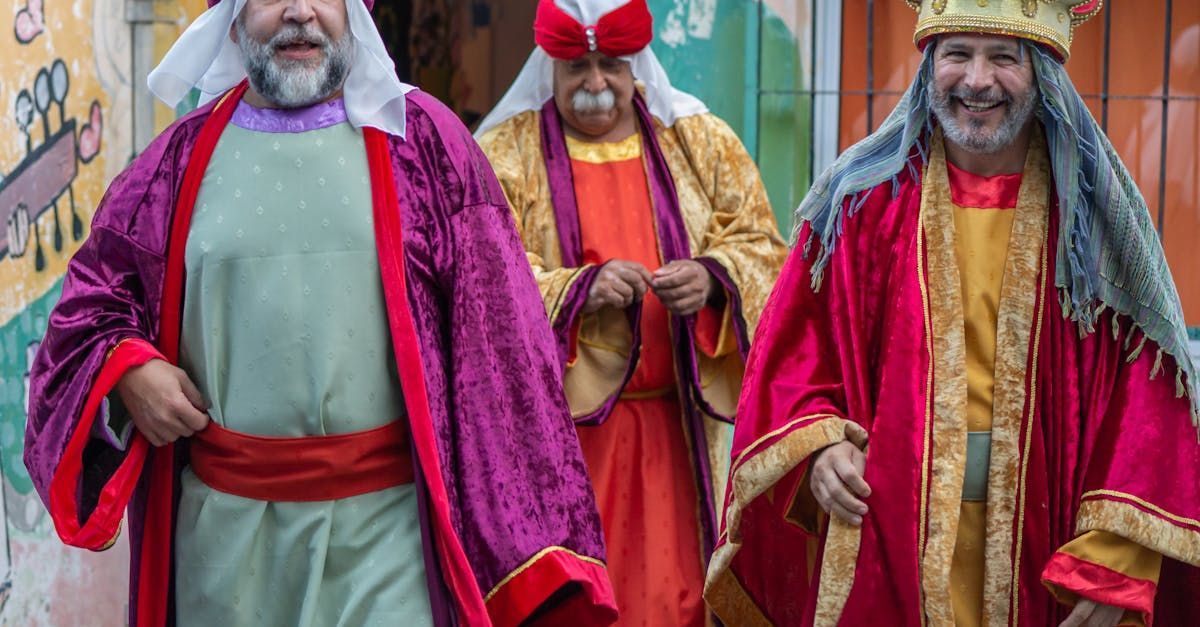
As the Christmas period approaches, many of us reflect on the Nativity story—the birth of Jesus, surrounded by shepherds, angels, and, of course, the three Wise Men. As they’re often called, these Magi brought three gifts to the baby Jesus: gold, frankincense, and myrrh. While these gifts might seem unusual by today’s standards, they were laden with symbolic meaning, each reflecting a different aspect of Jesus’ identity and future.
But as I delve into these rich traditions, I often encounter criticism from certain religious groups. They accuse me of promoting evil or twisting sacred teachings. So, let’s explore the symbolism of the Wise Men’s gifts and address the criticisms head-on.
Gold:
A Gift Fit for a King
Gold, a symbol of wealth and royalty, was given to honour Jesus as a king. This was no ordinary king but one whose kingdom was not of this world. The Wise Men, guided by a star, recognised the significance of this child and offered him a gift that symbolised his royal status. In today’s context, the symbolism of gold reminds us that spiritual authority transcends earthly power.
Critics might argue that I'm straying from traditional teachings by discussing the esoteric meanings behind these gifts. But isn’t the very essence of spiritual exploration about seeking deeper understanding? The Wise Men were outsiders, following their spiritual path to the Christ child. If their journey was valid, so too is the journey of those seeking to explore the mysteries of faith.
Frankincense:
An Offering to the Divine
Frankincense, an aromatic resin burned during religious ceremonies, was a gift that symbolised Jesus’ divine nature. The fragrant smoke, rising to the heavens, represented prayers and worship. By giving frankincense, the Wise Men acknowledged that Jesus was not just a king but also the Son of God—worthy of reverence and adoration.
Some might see my interpretation of this symbolism as an attempt to blur the lines between different spiritual traditions. They might even label me as “evil” for daring to suggest that divinity can be recognised in various forms. But remember that the Wise Men were from a different religious tradition. They didn’t see their journey as a betrayal of their beliefs but as an extension of them. In the same way, exploring the divine in all forms should be seen as a celebration of faith, not a deviation from it.
Myrrh:
A Foretelling of Sacrifice
The gift of myrrh, a resin used in embalming, foreshadowed the suffering and death that Jesus would endure. It was a reminder that the baby in the manger would grow up to be the Savior, sacrificing himself for the world's sins. This gift was a symbol of both sorrow and hope—a reflection of the complex nature of Jesus’ mission on Earth.
This is where some of the most substantial criticism comes in. Certain groups might argue that by discussing themes of sacrifice and suffering outside the strict bounds of their doctrine, I’m promoting a distorted version of Christianity. But isn’t the story of Jesus one of inclusion, love, and understanding? By embracing the full spectrum of his life—from birth to crucifixion—we can better appreciate the profound impact of his teachings.
Addressing the Critics:
A Message of Understanding
I’ve encountered my fair share of criticism from religious groups who claim that my interpretations are dangerous, even evil. But I firmly believe that spirituality is about exploration and understanding, not rigid dogma adherence. The story of the Wise Men is a perfect example of this. They were outsiders, seekers of truth who followed their path to find the divine. Their journey wasn’t about conforming to a particular belief system but recognising the sacred in unexpected places.
In the same way, my work is about helping people find their path to understanding the divine. Whether through the symbolism of the Wise Men’s gifts or other spiritual practices, the goal is always to connect with something greater than ourselves. So, while I respect those with different views, I won’t be deterred by those who seek to silence me. The journey to truth is one we must all take in our way, and I’m here to help guide those seeking.
The Legacy of the Wise Men's Gifts
The story of the three Wise Men and their gifts is more than just a tale of a long journey guided by a star. It’s a narrative rich with meaning, reflecting the multifaceted identity of Jesus as king, deity, and saviour. As we celebrate the season, let’s take a moment to ponder these ancient symbols and their relevance today. They remind us of the profound impact of Jesus' life, not just in the religious sense but also in how he inspires hope, love, and peace in our world.
And to those who might criticise my exploration of these themes, this:
The path to understanding is open to all. Just as the Wise Men followed their star, I follow mine—and I invite you to join me on this journey of discovery.
I ask that you refrain from entering my shop under the guise of a loving, compassionate individual, only to bring conflict, arguments, or hostility towards me or my family. My life has been shaped by deep-seated resentment toward organised religion. I’ve seen that many of the world’s most significant challenges stem from three powerful forces:
religion, power, and money. These forces too often divide us, distort our humanity, and fuel the conflicts we claim to despise. Let’s choose a different path—seeking to heal rather than harm, to understand rather than judge.
Sarah Kulkens © 2024
